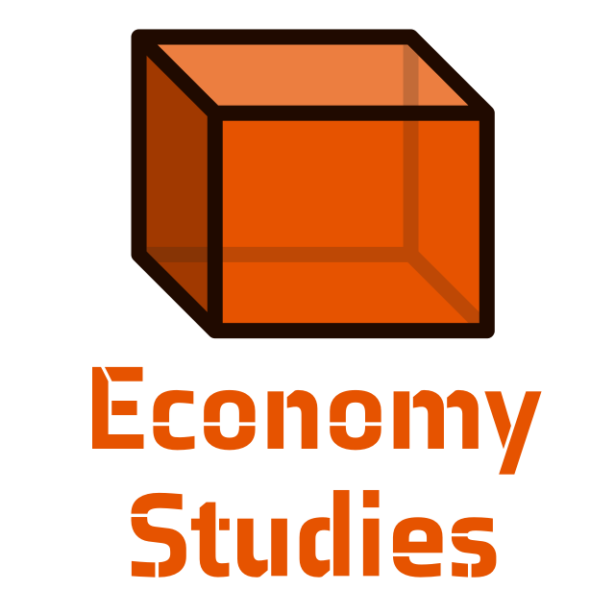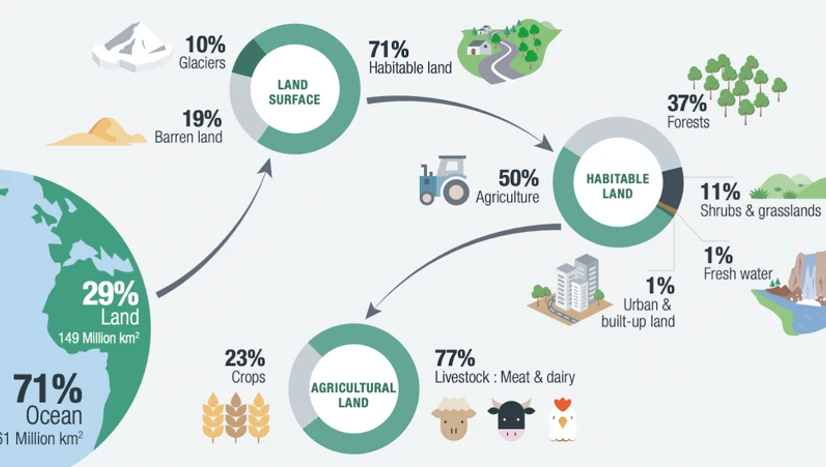Economic Introduction to the Ecological Crisis - Economy Studies
 The Centre for Economy Studies works on improving and modernising economics education to ensure that students will be better prepared for their future careers and the societal challenges we face today and in the coming decades. The Essential Lectures are teaching packs designed for 90-minute (online or offline) sessions that can be added to existing courses. They help students become familiar with an important topic that is often neglected. Feel free to adjust the material to make it fit with your context and purpose.
The Centre for Economy Studies works on improving and modernising economics education to ensure that students will be better prepared for their future careers and the societal challenges we face today and in the coming decades. The Essential Lectures are teaching packs designed for 90-minute (online or offline) sessions that can be added to existing courses. They help students become familiar with an important topic that is often neglected. Feel free to adjust the material to make it fit with your context and purpose.
From our earliest days, humans have changed the earth’s ecosystem in order to meet our needs and wants. In the last century, however, our capacity to produce and consume has been turbo-charged, allowing us to change the earth at a truly industrial scale. Unfortunately, this capacity is not limitless as the planet has a number of physical and biological limits past which the core systems that humans rely on will start to break down. Many of these planetary boundaries are currently being exceeded by the global economy, creating a state of ecological crisis in which a number of crises and challenges must be addressed simultaneously. To resolve this crisis, our economic system will need to transform to fit within the limits set by the earth’s ecosystem. The framing of planetary boundaries of the global economy is complementary to the externalities approach, as well as providing greater depth and nuance to environmental issues.
This lecture lays out the foundations and current state of the ecological crisis, its main drivers and who is responsible for this. Students are very likely to encounter at least some aspects of the ecological crisis in their future careers, so it is crucial for them to develop a deeper understanding of this problem, regardless of the industry they later choose to enter. We take a problem-based learning approach to better transfer both skills and knowledge to students, and in acknowledgement that an understanding of the general problem is likely to be more valuable to them than knowledge of specific solutions.
It is crucial for students to develop a deeper understanding of the problem they are likely to encounter in their future careers, before getting into various economic policies or solutions to this pressing issue. Thus, using a problem-based learning approach to better prepare students to develop a better understanding and solutions for the future.
This class is designed for introductory undergraduate classes such as Principles of Economics, Macro 1 or Micro 1, to be the first time that students come across environmental or ecological issues in their degree programme.
Download Instructors Guide Download Slides

